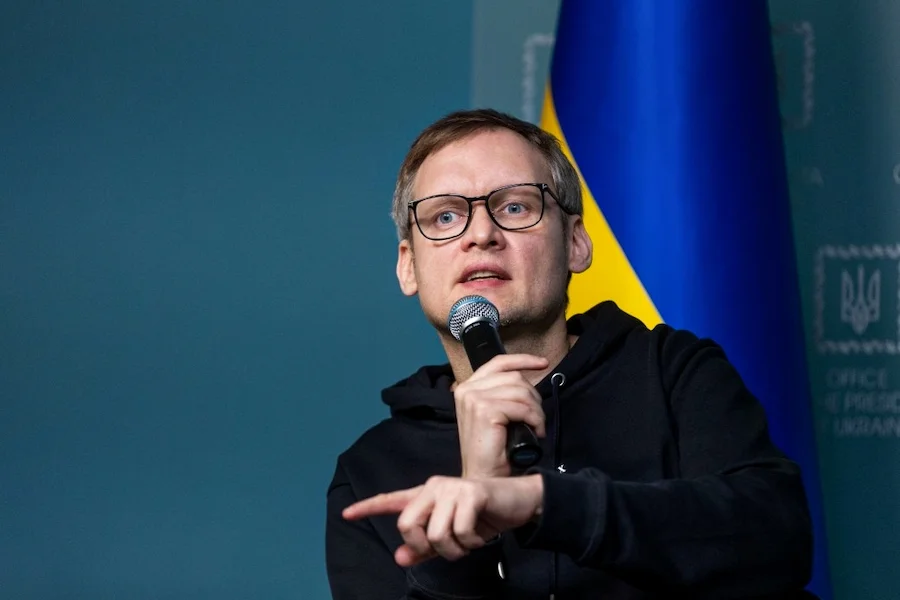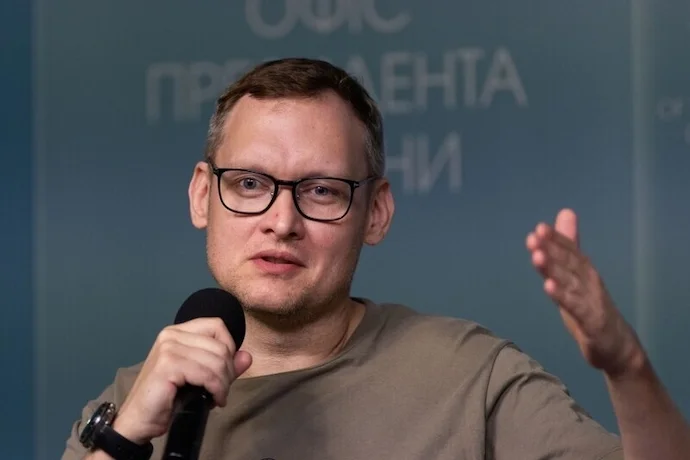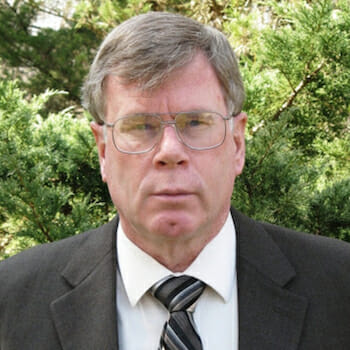
Ukraine’s Fight Against Corruption is Becoming a Fight Against Dissent
The path to peace between Kyiv and Moscow was further sabotaged when the Kremlin dispatched a token delegation to the Istanbul ceasefire talks on May 15—only to follow that feint with a barrage of 273 drones against Ukraine just three days later.
Should direct talks between Donald Trump and Vladimir Putin fail to rein in the Kremlin’s strongman, Western governments may be forced to tighten both economic and military pressure on Russia. Even Putin seems to understand that he cannot conquer and hold the entirety of Ukraine. But that hasn’t diminished his resolve to destabilize Ukraine’s democratic institutions—an effort that, troublingly, appears to be gaining ground from within the Zelensky government itself.
Presidential elections in Ukraine are now long overdue, a casualty of wartime exigency. A ceasefire and a modicum of regional stability would offer Kyiv the chance to call a vote. But those monitoring the country’s internal political dynamics are increasingly concerned that any upcoming election could fall short of the democratic standards that propelled Volodymyr Zelensky to office in 2019.
Earlier this month, Andriy Smyrnov—a former deputy chief of staff for President Zelensky —was arrested on charges of bribery and money laundering. At first glance, the move looked like a long-awaited win for Ukraine’s embattled anti-corruption institutions. But the circumstances surrounding his arrest suggest something more insidious at play.

Smyrnov was abruptly dismissed in March 2024, shortly after showing signs of political independence from Zelensky’s powerful chief of staff, Andriy Yermak. Aligning himself with a public rival of Yermak, Smyrnov was viewed as inconvenient, and perhaps expendable. His detention—despite no credible flight risk—and a staggering $430,000 bail have fueled concerns that Ukraine’s legal institutions are being deployed to sideline political opponents rather than uphold justice.
Scrutiny has increasingly focused on the National Anti-Corruption Bureau of Ukraine (NABU), which some allege is becoming a tool of selective enforcement. Its director, Semen Kryvonos, came to the role without prior law enforcement experience and is reportedly linked to Oleksiy Kuleba, the current deputy head of the president’s office. Kuleba’s own rise, like Kryvonos’s, owes much to Yermak’s patronage. Against this backdrop, critics question NABU’s independence.
Activists highlight NABU’s hesitance to pursue investigations involving Zelensky’s inner circle. The bureau often targets mid-level figures, while allegations against top officials are quietly dropped. A telling example involves Denys Yermak, brother to the chief of staff, who faced accusations of selling government positions. Video evidence appeared damning, but the case was dismissed without explanation.
The Zelensky government points to its prosecution of judges and oligarchs as proof of progress on corruption. Yet civil society voices argue that such efforts fall short when those closest to power appear untouchable. The resulting impression is that NABU is being used to neutralize political challengers ahead of a potential election.
An election that may be fast approaching. France and Germany are advocating for a 30-day pause in hostilities, and recent comments by Donald Trump labeling Zelensky a dictator sparked a nationalist rallying effect, temporarily reversing Zelensky’s flagging approval ratings. That surge in support gives him a political incentive to call an early vote—one that might be used to consolidate power rather than renew democratic legitimacy.
Consider the case of Petro Poroshenko, Zelensky’s predecessor and current leader of the main opposition party. In February, he was sanctioned for posing alleged “threats to national security.” Despite no criminal conviction, he is now barred from running for office. “If Poroshenko can be barred without a court decision, so can anyone else,” warned a senior member of his party—a sobering assessment of the state of Ukraine’s democracy.
A similar story surrounds Valerii Zaluzhnyi, the former commander-in-chief of Ukraine’s armed forces and a highly trusted public figure. After publicly disagreeing with Zelensky on military strategy, he was reassigned to London as ambassador to the UK. Though prestigious on paper, the appointment was widely interpreted as political exile.
None of this is to suggest Zelensky is orchestrating these moves himself. Many suspect that Yermak—widely regarded as the second most powerful man in Ukraine—is executing this consolidation of power from behind the scenes. Despite holding no elected office, Yermak wields significant influence across law enforcement, foreign policy, and media. His accumulation of power has alarmed many Ukrainians, especially in a country that has fought hard to break free from the grip of oligarchs.
Of course, in the midst of a war that daily claims lives, it may seem unreasonable to ask Ukrainians to tackle political dysfunction head-on. Yet they must not lose sight of the deeper stakes: Ukraine’s war is not just for land, but for values. If those values are abandoned, even in the name of survival, then the victory they seek may come at too high a cost.
